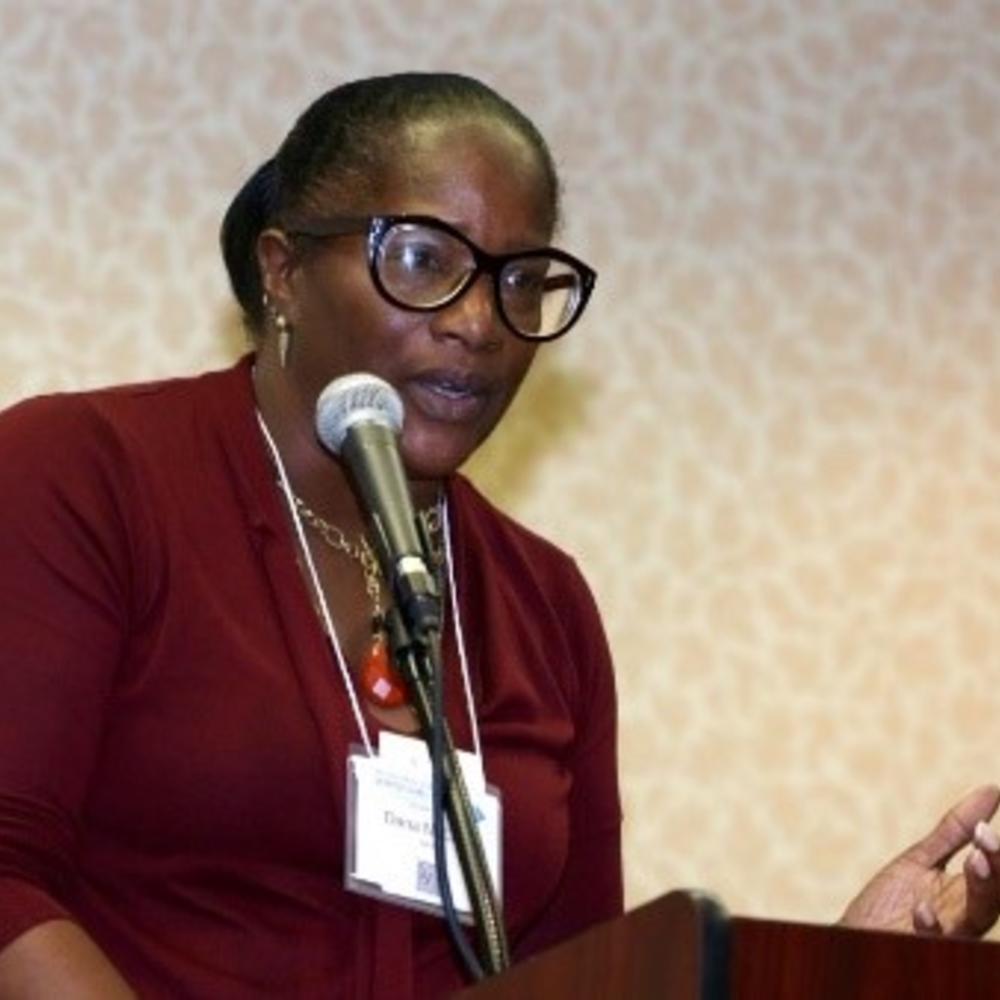September 27, 2021
Guest Column: National Recovery Month with Dana McCrary
To commemorate September as Recovery Month, I have asked Dana McCrary, director of the Office of Recovery Transformation to provide perspective in this month's column.
We are in our 32nd year of celebrating National Recovery Month. Each September, we promote and support new evidence-based treatment and recovery practices, people in recovery, and the growth and expansion of recovery-oriented systems of care in communities and across our nation. We host events to bring community awareness, address stigma and lift the voices of lived experience. We acknowledge the many peers, service providers, and allies who contribute to helping individuals heal and create pathways on their journey to recovery. Most of all, we bear witness to the world that recovery is possible, and it happens every day.
As national recovery month draws to a close, I find myself thankful. Addiction has been a part of my family for many generations. However, unlike much of my family's past, me and my children and you and your children will have different experiences and different outcomes. As a young girl, I remember watching grown-ups drinking and smoking and thinking it looked glamorous and sophisticated. I couldn't wait to get there. As I got older, I felt that using cocaine and marijuana made me and others more edgy and cool. The tragedy of it all was that the very things that I thought were so great and distinguishing took over our lives. These same things would hurt our families and us and would take the lives of friends and loved ones.
My father died from alcohol addiction. Unfortunately, the world was neither kind nor helpful during his lifetime. Along with many others who struggled with addiction, he was treated as if there were flaws in his character, and that people living with addiction were weak and unworthy of help or kindness. That's probably why I and so many others kept it a secret for far too long. Today the world is responding to addiction differently. I see my father differently. We understand that addiction is a disease. We recognize that it can affect anyone regardless of race, age, or economic status. As a nation, we are moving to decriminalize it, and instead, we are responding with compassion, forward-thinking, education, and creating many pathways and open doors.
I am thankful that my recovery has made me strong enough to reach forward and love my children, to pave the way for my grandchildren and their children. Recovery has allowed me to love my family and love myself. It has given me a new pair of glasses that have fly frames and a tinted lense. You know, the kind that makes you edgy, cool, and distinguished. Recovery has given me new "swag." And the most powerful thing is that I'm not alone.
I'm thankful that President Biden is giving his support for recovery this year. Our Governor, Brian Kemp, has supported recovery since taking office. Our Commissioner, Judy Fitzgerald, showed up for recovery with passion before she ever arrived at our door. In addition, DBHDD internal Directors and staff continuously work to support recovery through creating programs that operationalize recovery in communities. We are in partnership with outstanding advocates who help put Georgia on the map as true leaders in the recovery movement. We support thousands of providers that serve adults, children, and families. And we have invited the voice of lived experience to the table, to not only share their stories, but also to bring their gifts, and to inform our policies and practices. We have invested in training individuals in recovery as Certified Peer Specialist – Addiction, also known as Certified Addiction Empowerment Specialist, CARES to put recovery to work. We have supported recovery by developing over 25+
Addiction
Recovery Support Centers
, ARSC's that peers lead.
Please take a moment to reflect on how far we've come.
If you are a family member, I encourage you to attend one of our recovery events, learn more about addiction and gather resources available in your community. Be prepared to support your loved ones, friends, and coworkers by being ready when they are ready. Don't give up on your hope.
If you are struggling with addiction, I encourage you to get help. You are not alone. If you've tried before, try again. We are waiting for you.
Dana McCrary, CPS-P, CPS-AD
Director, Office of Recovery Transformation
DBHDD, Division of Behavioral Health
